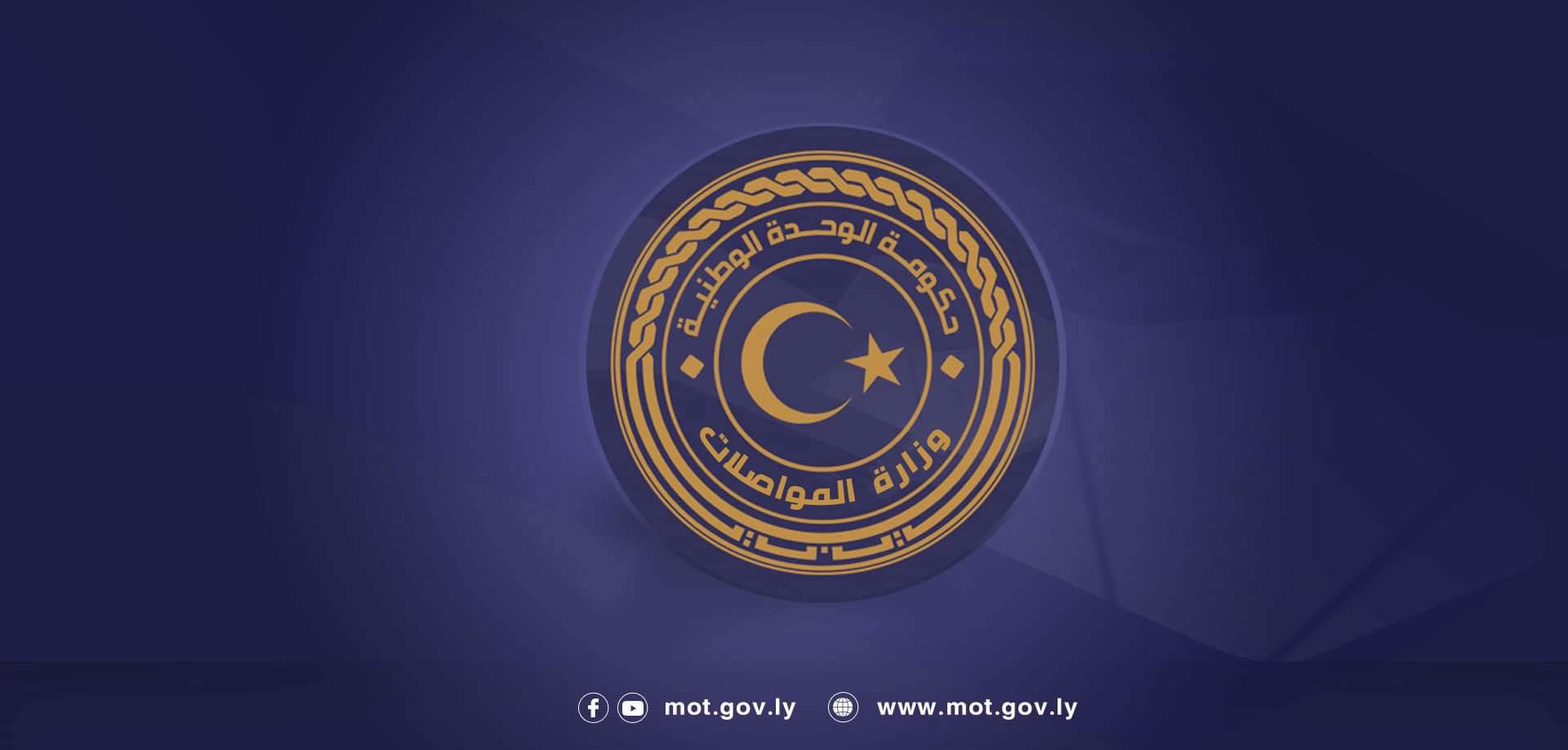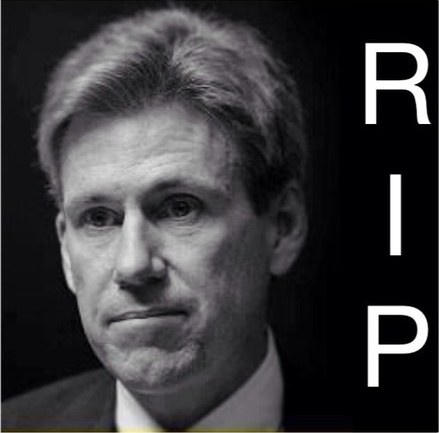Tripoli, 14 September:
In its latest report on Libya, the . . .[restrict]International Crisis Group warns that although the country is recovering faster than many expected, the murder of US ambassador Christopher Stevens and three colleagues highlights the perils of armed groups roaming freely.
The assessment, contained in Divided We Stand: Libya’s Enduring Conflicts argues that Libyan must fill the security vacuum as a matter of urgency.
“Because the country lacks a fully-functioning state, effective army or professional police, local actors have stepped in to provide safety, mediate disputes and impose ceasefires”, said Dr. William Lawrence, the International Crisis Group’s North Africa Project Director.
“But ultimately, these actors cannot take on the state’s role in implementing ceasefires and ensuring conditions of peace. Truces remain fragile, and local conflicts are left frozen or fragile rather than truly resolved”.
The report argues that in part, the country is suffering from Qaddafi’s long-standing divide-and-rule strategy. “ Communities were set against one another, each vying for a share of resources and the regime’s favour. Some towns grew wealthy thanks to connections with the ruling elite; others suffered badly. Meanwhile, the security apparatus at once fomented, manipulated and managed inter-communal conflicts.”
The ICG notes that once Qaddafi’s repressive rule was ended, the many armed group that had sprung up during the revolution: “sought material advantage, political influence or, more simply, revenge. This was all the more so given the security vacuum produced by the regime’s precipitous fall”.
In order to manage Libya’s many local disputes, the ICG says that significant reforms will be necessary in terms of both military and civilian conflict resolution. Also required is: “ notably better coordination between local notables and the government and better coordination among the Libyan Shield Forces, the army and the groups that make up the border guard. It also demands bottom-up reform of the army and police.”
“Until now,” said Robert Malley, ICG’s Middle East and North Africa Programme Director “central authorities have acted chiefly as bystanders, in effect subcontracting security to largely autonomous armed groups. This is not sustainable. The new government needs to take concrete steps to reform its security forces and establish structures of a functioning state. Anything less will perpetuate what already is in place: local disputes occurring in a fragmented and heavily armed landscape, with the ever-present risk of escalation”.
The full report can be found at: http://www.crisisgroup.org/~/media/Files/Middle%20East%20North%20Africa/North%20Africa/libya/130-divided-we-stand-libyas-enduring-conflicts [/restrict]










